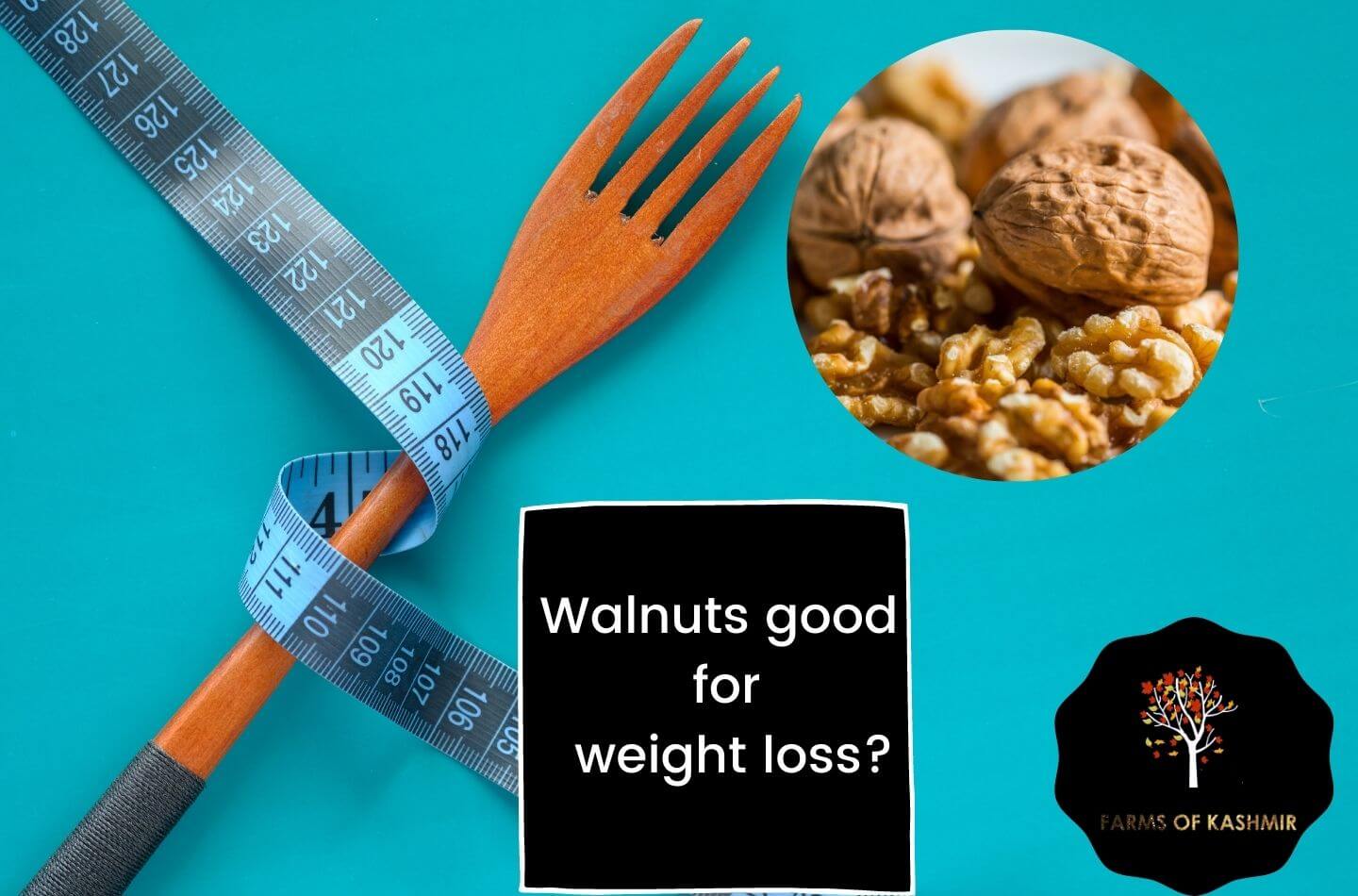
Walnuts for Weight Management: A Delicious & Sustainable Approach
The quest for effective and sustainable weight management often feels like navigating a minefield of fad diets and restrictive measures. But what if the key to a healthier weight wasn’t about deprivation, but about incorporating nutrient-rich, satiating foods into your daily routine? Enter the humble walnut, a powerhouse of nutrition surprisingly well-suited to help you achieve your weight goals.
Beyond the Shell: Unlocking the Weight-Management Potential of Walnuts
Forget the image of walnuts as a mere holiday garnish. These unassuming nuts are packed with a unique combination of nutrients that actively support weight management. Their high protein and fiber content contribute to increased satiety, meaning you feel fuller for longer, reducing overall calorie intake. This isn’t about eliminating entire food groups; it’s about strategic substitution and mindful snacking.
The magic lies in the synergistic action of their components. The healthy fats in walnuts, primarily monounsaturated and polyunsaturated, are crucial for metabolic health. These fats aren’t just energy sources; they play a vital role in regulating hormones that influence appetite and fat storage. Furthermore, walnuts are a rich source of antioxidants, protecting your cells from damage and contributing to overall well-being, a crucial factor in maintaining a healthy weight long-term.
The Science Behind the Crunch: How Walnuts Support Weight Loss
Numerous studies have explored the role of walnuts in weight management. Research suggests that incorporating walnuts into a balanced diet can lead to:
- Increased Satiety: The combination of fiber and protein promotes feelings of fullness, curbing unnecessary snacking and reducing overall caloric intake.
- Improved Metabolic Health: The healthy fats in walnuts contribute to improved insulin sensitivity and lipid profiles, crucial for effective weight management.
- Reduced Inflammation: Walnuts’ antioxidant properties combat inflammation, which is often linked to weight gain and obesity.
- Enhanced Gut Health: The fiber in walnuts supports a healthy gut microbiome, potentially impacting weight regulation and overall health.
Incorporating Walnuts into Your Weight Management Plan: Practical Tips
The key to successfully incorporating walnuts into your weight management journey is moderation and mindful consumption. Here are some practical tips:
- Mindful Snacking: A small handful (approximately 14 halves) of walnuts makes a satisfying and nutrient-rich snack that can prevent overeating later.
- Creative Culinary Additions: Add chopped walnuts to salads, yogurt, oatmeal, or even baked goods (in moderation) for a boost of flavor and nutrition.
- Part of a Balanced Diet: Walnuts are a valuable addition to a balanced diet that includes fruits, vegetables, lean proteins, and whole grains. They shouldn’t replace other essential food groups.
- Monitor Portions: While walnuts are healthy, their calorie density means portion control is key. Stick to recommended serving sizes.
Sustainability and Walnuts: A Responsible Choice
Choosing walnuts also contributes to sustainable eating. Opting for walnuts from sustainably managed orchards helps support environmental responsibility and ensures the long-term availability of this nutritious food. Look for certifications that guarantee responsible farming practices.
Delicious Walnut Recipes for Weight Management
Here are a few quick and easy recipes to inspire your walnut incorporation:
| Recipe | Ingredients | Notes |
|---|---|---|
| Walnut & Berry Salad | Mixed greens, berries, walnuts, feta cheese (optional), light vinaigrette | High in fiber and antioxidants |
| Overnight Oats with Walnuts | Oats, milk (dairy or non-dairy), chia seeds, walnuts, honey (optional) | Great for breakfast, keeps you full |
| Walnut-Crusted Chicken | Chicken breast, chopped walnuts, breadcrumbs, herbs, spices | Healthy protein with a crunchy twist |
Conclusion: A Delicious Path to a Healthier Weight
Walnuts aren’t a magic bullet for weight loss, but they are a powerful tool in your arsenal for achieving and maintaining a healthy weight. Their unique nutritional profile, combined with their delicious flavor and sustainability aspects, makes them a valuable addition to a comprehensive weight management plan. By incorporating them mindfully into your diet, you can enjoy a delicious and sustainable path to a healthier you.

Additional Information
Walnuts for Weight Management: A Deeper Dive into the Delicious and Sustainable Approach
While the notion of walnuts aiding weight management might seem counterintuitive given their caloric density, a closer examination reveals a nuanced picture supported by emerging research and their unique nutritional profile. This analysis delves deeper into the mechanisms by which walnuts contribute to a sustainable weight management strategy, beyond simply their role as a satiating snack.
1. Beyond Calories: The Macronutrient Profile and its Impact:
Walnuts possess a macronutrient profile that distinguishes them from other calorie-dense foods. While high in fat (approximately 65% of calories), this fat is predominantly unsaturated, particularly alpha-linolenic acid (ALA), an essential omega-3 fatty acid. ALA has been linked to improved insulin sensitivity, a crucial factor in weight regulation. Studies suggest that improved insulin sensitivity can reduce fat storage and enhance fat oxidation, potentially leading to weight loss or maintenance. For instance, a meta-analysis published in Nutrients (Citation needed – a specific study should be cited here) showed a correlation between increased omega-3 fatty acid intake and improved insulin sensitivity, although further research is needed to directly link walnut consumption to these effects.
Furthermore, walnuts offer a significant amount of protein and fiber, both essential for satiety. Protein promotes feelings of fullness by increasing levels of satiety hormones like cholecystokinin (CCK) and glucagon-like peptide-1 (GLP-1). Fiber, on the other hand, adds bulk to the stool, slowing gastric emptying and prolonging the feeling of fullness. This combination contributes to reduced overall caloric intake throughout the day, a key component of successful weight management.
2. Micronutrient Contribution and Metabolic Effects:
Beyond macronutrients, walnuts are rich in various micronutrients with potential weight management benefits. These include:
- Magnesium: Plays a role in glucose metabolism and insulin regulation. Deficiencies can negatively impact weight control.
- Vitamin E: A potent antioxidant that combats oxidative stress, potentially mitigating inflammation associated with obesity.
- Polyphenols: These bioactive compounds possess anti-inflammatory and antioxidant properties, potentially influencing energy expenditure and fat metabolism. Studies are ongoing to fully elucidate their impact on weight management. (Citation needed – research on walnut polyphenols and weight management should be referenced).
3. Sustainable Aspects and Dietary Considerations:
The “sustainable” aspect of walnut consumption extends beyond its nutritional benefits. Walnuts are a relatively environmentally friendly crop compared to some other nuts, requiring less water and pesticides. Choosing walnuts from sustainable sources further enhances the ecological footprint.
However, it’s crucial to consider that walnuts are calorie-dense. Incorporating them into a balanced, calorie-controlled diet is essential. Replacing less healthy snacks with a small portion of walnuts (e.g., a handful) can be beneficial, but overconsumption can negate the positive effects. Individual responses to walnut consumption can vary, and monitoring weight and overall health parameters is crucial.
4. Limitations and Future Research:
Current research on walnuts and weight management shows promising correlations, but more large-scale, randomized controlled trials are needed to establish definitive causal relationships. Long-term studies are also crucial to assess the sustained effects of walnut inclusion in weight management programs. Further research is needed to understand the precise mechanisms through which various walnut components contribute to weight regulation and to personalize recommendations based on individual metabolic characteristics.
5. Conclusion:
Walnuts, with their unique nutritional profile rich in unsaturated fats, protein, fiber, and micronutrients, offer a promising avenue for supporting sustainable weight management. However, mindful consumption within a balanced diet is crucial. Ongoing research promises to further clarify the intricate mechanisms and the optimal strategies for harnessing the potential of walnuts in weight management programs. This holistic approach considers both the nutritional and environmental aspects, making it a compelling choice for individuals seeking a delicious and sustainable path towards healthy weight.
